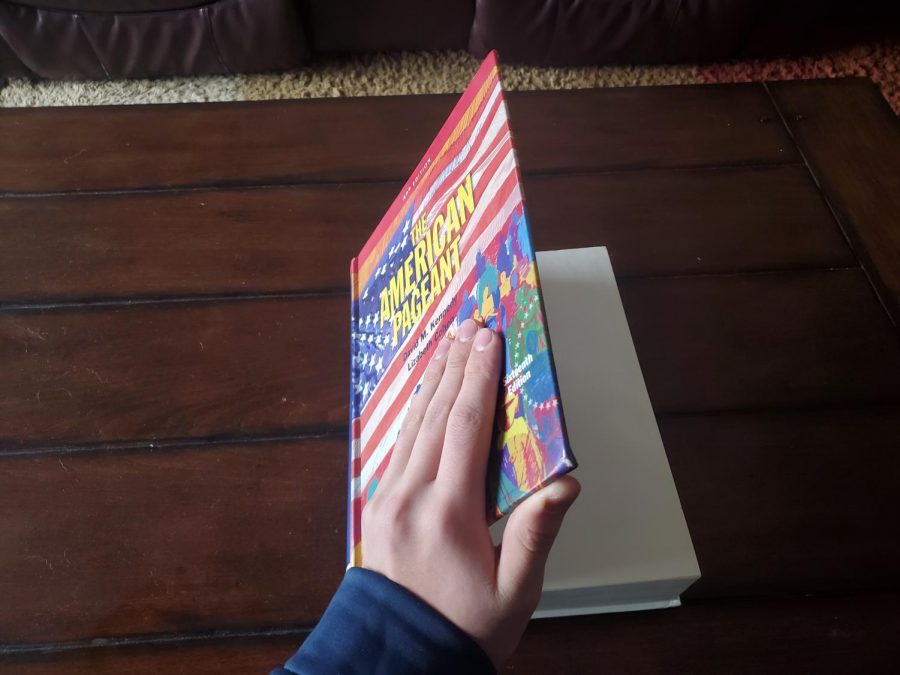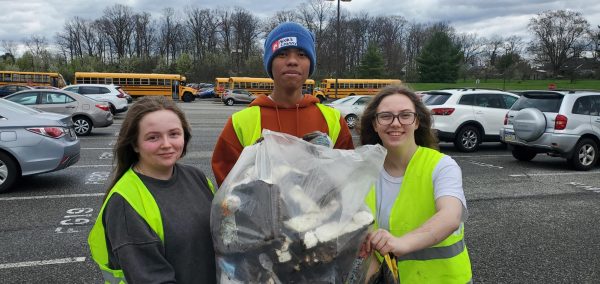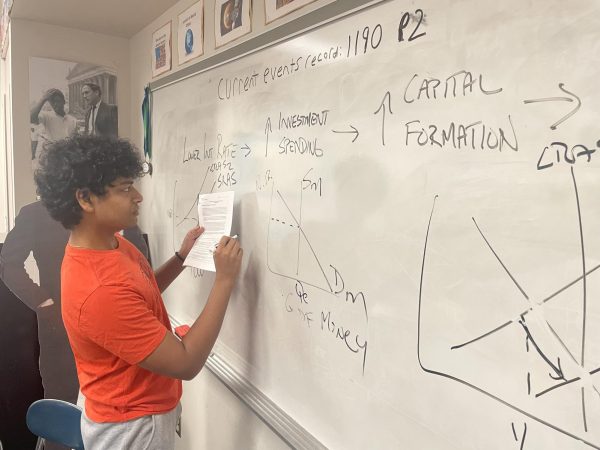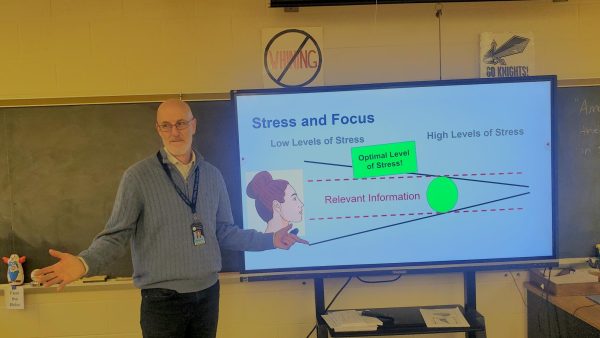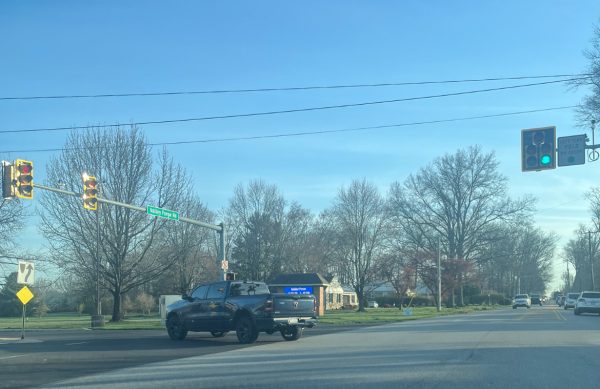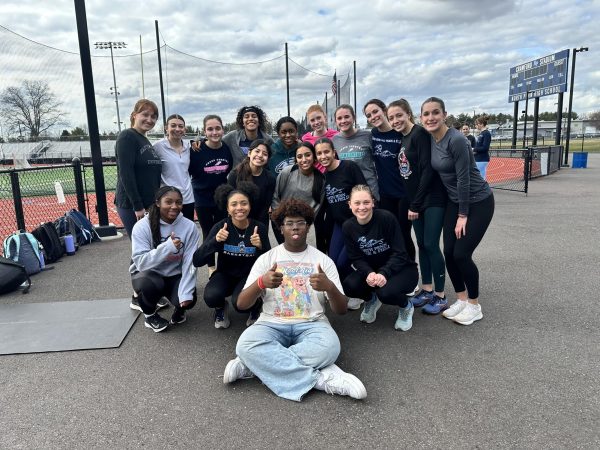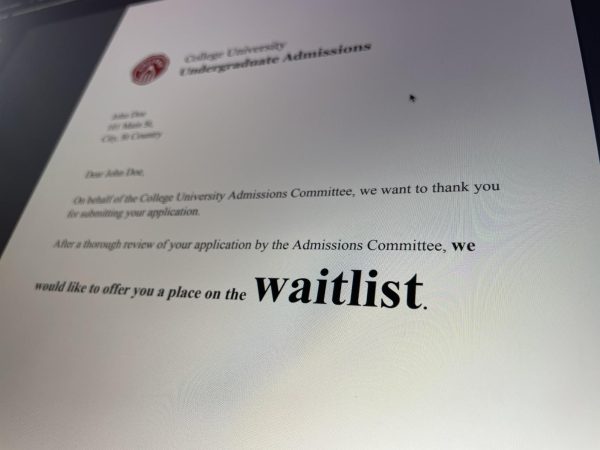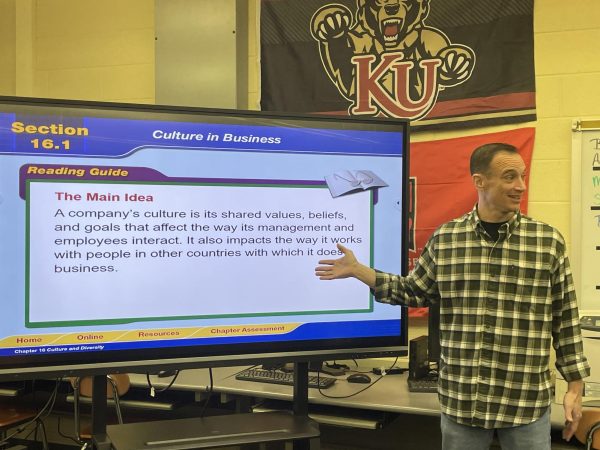How will our kids’ history books describe 2020?
Living through 2020 was bad enough, so bad that we can’t even imagine having to learn and take tests on it.
Despite the year 2020 ending nearly 2 weeks ago, it might be hard for some to realize that it is finally over. With all of the countless jokes and memes produced during quarantine, not to mention all of the historic events of this year, it is a wonder what people 30 years from now will think when they read about 2020 in the history books.
2020: The Year of Disaster
The title would be something along the lines of “2020: The year of disaster,” and the first line would be, “this year didn’t start great, and barely got better.” The kids forced to read about 2020 might ask, “what happened?” And it would tell them why. “It all started on 12/31/19, in Wuhan, China.” It would then proceed to tell them what happened as a result of the newly discovered COVID-19 virus and resulting pandemic.
Where It All Began
The first section would say, “where it all began.” It would then go on to briefly explain how the virus escaped and expanded into other parts of the world (of course we still don’t have completely clear picture on the actual origin of the various, so I guess this section is still a work in progress). For example, it could say, “on the last day of 2019, mother nature had decided to kick off the new year with a deadly virus in one of the most populated countries in the world.” A real recipe for disaster–and it was. By the time it was classified as a deadly virus and a travel ban to China was put into action, it was too late. This year was a grand 4-layer-cake of chaos, death, tension, and ruined economies around the world. It was sure one heck of a starting line to a marathon of misery. If they thought that COVID-19 was the whole race, they would be wrong.
The next section, whilst not nearly as rocky or prominent as COVID, was the Murder Hornet invasion. The invasion, while not confirmed how it began, was speculated to have started with a fertile queen bee in a shipping package near the Canadian border at the end of 2019. They then proceed to move south and infect the west coast’s honey bees. With the first hornet being caught in July, and the first nest being exterminated in November, it could be best summed up as being scary when it started but fell out of relevancy as fast as it started. “The big scare of the hornets was that they were deadly, but not to us, to our environment.” Perhaps textbook editors will choose to remove this section due to its minimal impact… well, hopefully!
An Election Too?!?
While that wasn’t as much of a kick in the butt as the virus was, the election of 2020 was certainly the knockout punch. “It was incumbent Donald Trump vs. former vice-president Joe Biden.” I believe it would then follow up with, “this wasn’t the typical election, a new method of voting was introduced.” This section would be a rollercoaster of controversy, with all of the mail-in ballots, debates, and accusations voter fraud. It’s a wonder what politics will look like in 30 years. “A dumpster fire,” most of the kids would say, and I couldn’t agree more. Of course, since this is a textbook unit on 2020… I guess the events of early January will be in the next unit.
Celebrity Deaths
The last thing that went wrong in 2020 was the uncanny amount of celebrity deaths. Some examples of these tragedies include the likes of Kobe Byrant, who lost his life in a helicopter accident. Alex Trebek, who passed away due to his battle with stage 4 pancreatic cancer. And David Prowse, the man behind Darth Vader’s mask, passed away when he succumbed to a short illness. Those were just three out of the many beloved people that passed away this year. And while they may be gone, they will always live on in our memories.
It will be wonder what the next few generations will think of us. I guess all we can think about is how far we have come, and how much farther those generations will be, when they read this in their textbooks, 30 years from now.


